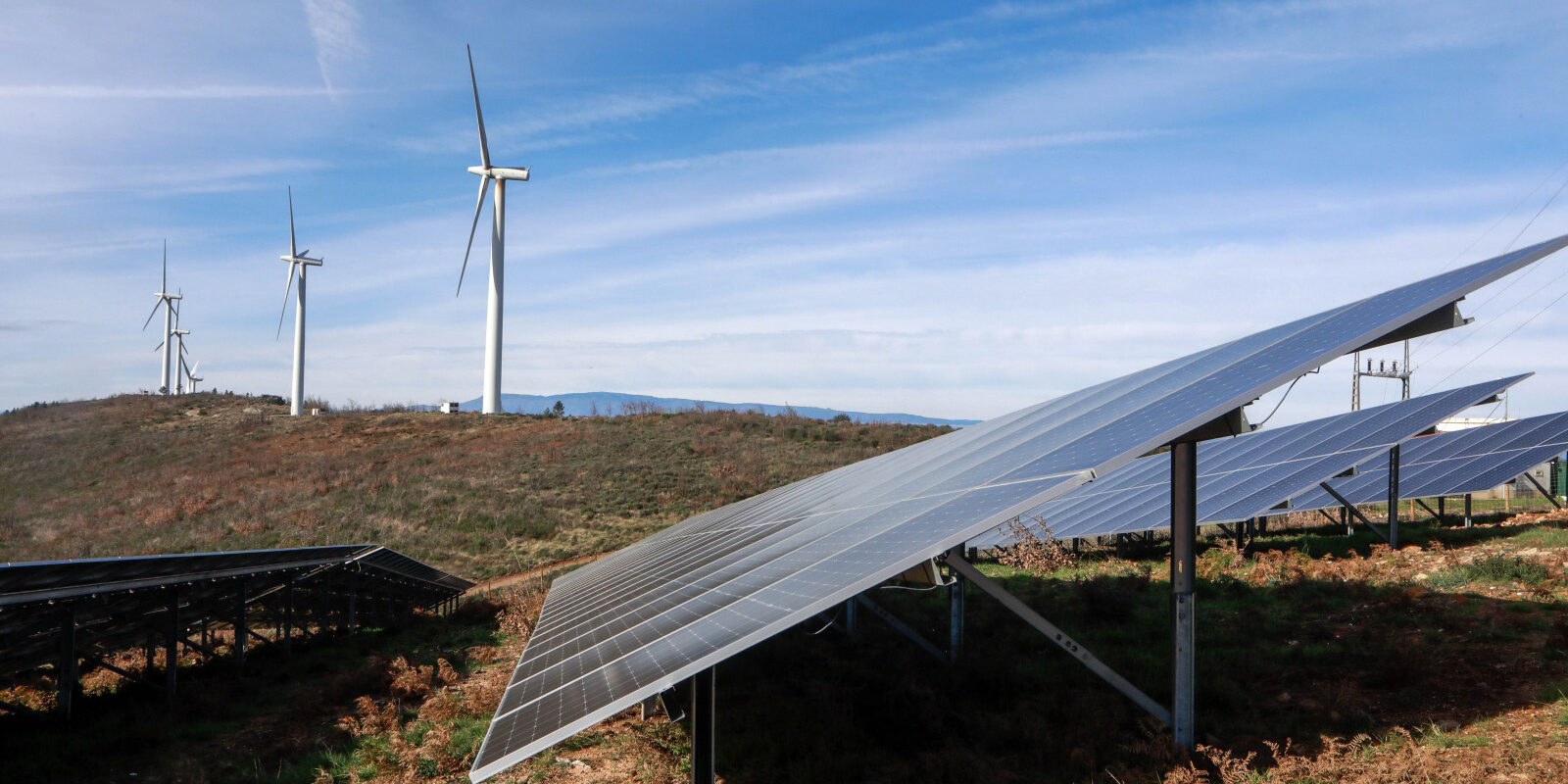Asturias, Spain had once been a community deeply reliant on its coal mining history. However, in recent years, it has seen a successful and economically viable transition to renewable energy, generating new jobs and economic opportunities through EDP Renováveis (EDPR).
EDPR is a global leader in the renewable energy sector, and has established a network of wind farms across the region called Asturian Wind Complex.
Economic benefit to the region
EDPR works with local companies for the construction and maintenance of its facilities, helping to boost the local economy. In Asturia, the construction, maintenance and operation of the wind farms have created over 1,000 jobs in engineering, construction and maintenance. The first construction phase saw a multimillion-euro investment into the region, with EDPR employing many local companies and individuals. They have also helped develop a skilled workforce to support future projects.
EDPR’s projects often include community engagement initiatives, such as educational programs, site visits, and collaboration with local schools and universities. These initiatives help raise awareness about renewable energy and its benefits among local communities.
Climate impact
The renewable energy produced by the Asturian Wind Complex prevents millions of tons of CO2 emissions annually. A typical 100 MW wind farm can prevent the emission of approximately 200,000 tons of CO2 each year.
Spain has committed to ambitious renewable energy targets as part of its national climate strategy, and EDPR’s projects in Asturias play a crucial role in meeting these goals.
Consumer Benefits
By diversifying Spain’s energy mix and reducing dependence on imported fossil fuels, wind energy enhances the country’s energy security.


